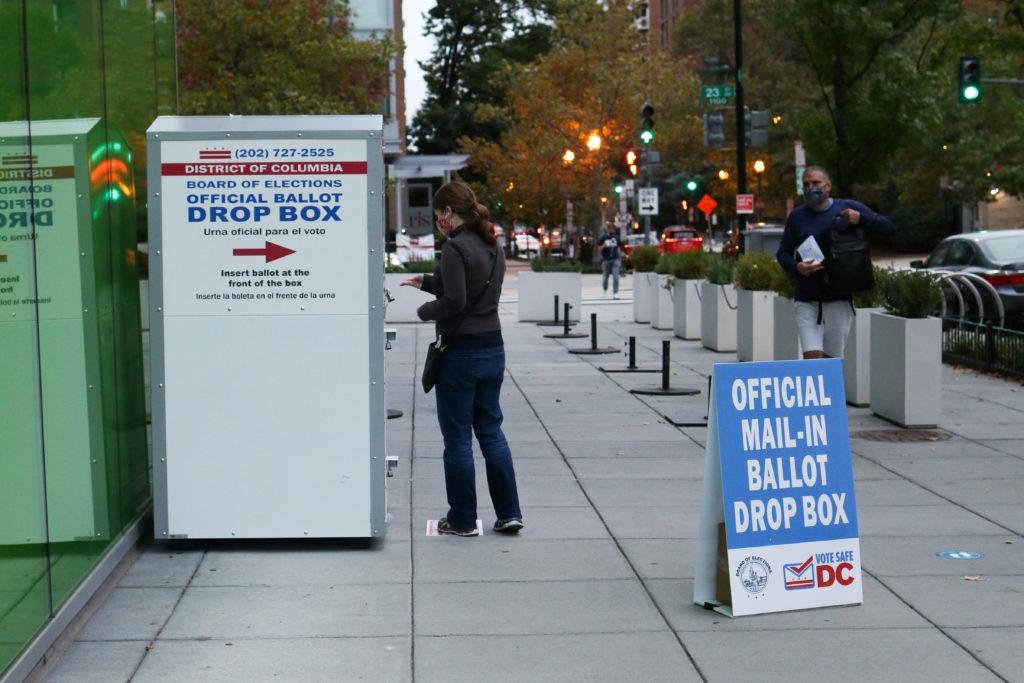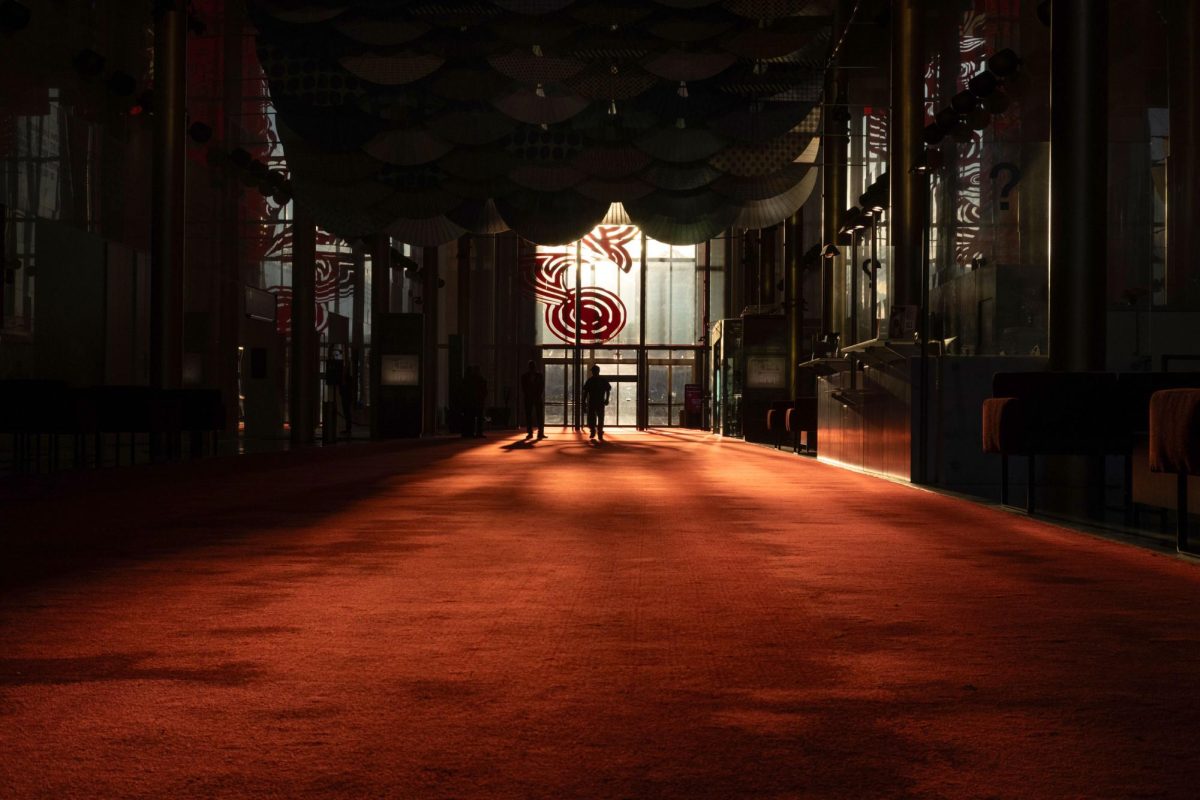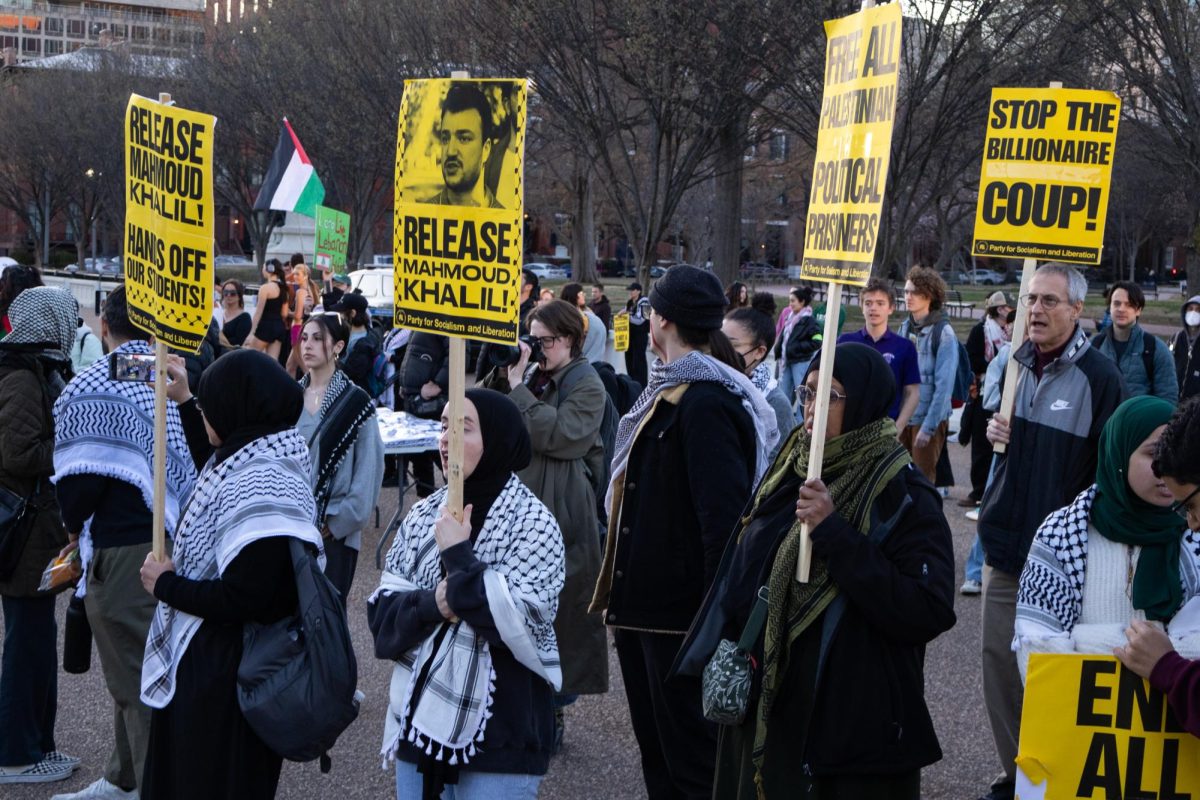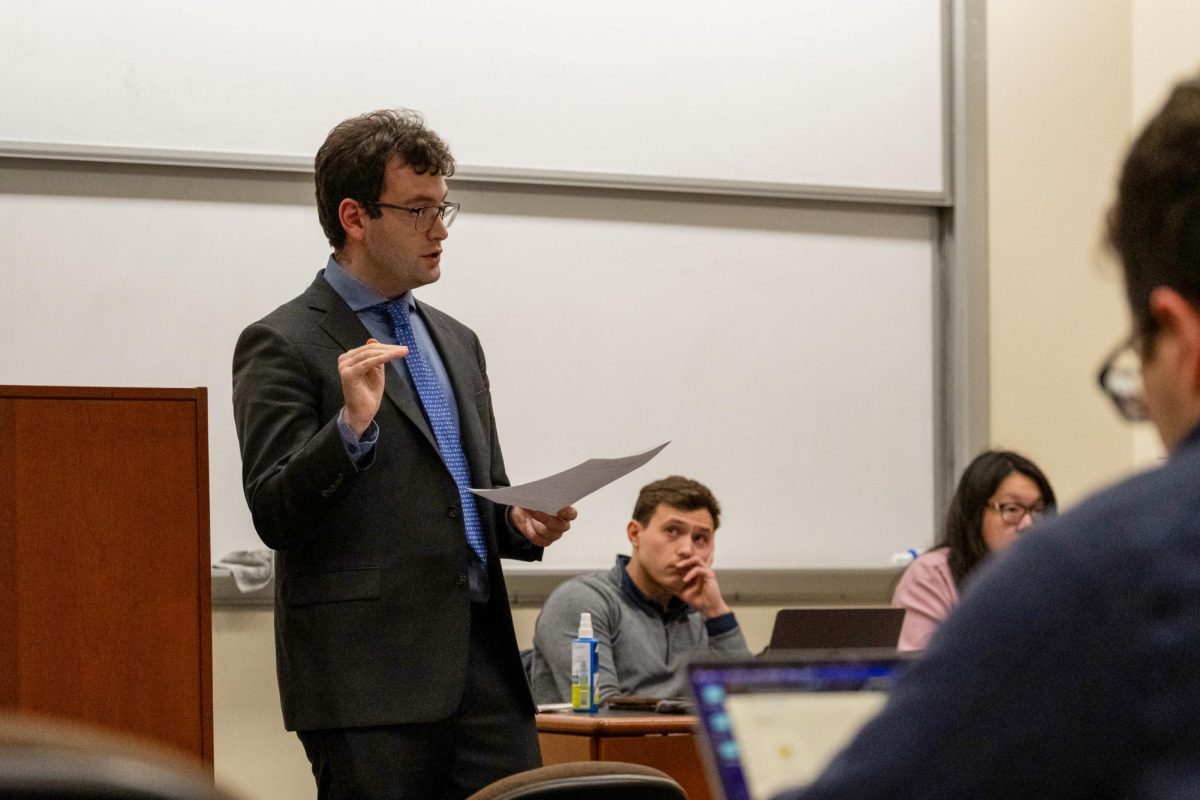Pushed by issues of college debt and LGBTQ rights, freshman Emily Linder requested a mail-in ballot weeks before Election Day to cast her first vote in a presidential election.
Linder, who is from Pittsburgh, said she opted to vote by mail this year to avoid catching and spreading COVID-19 to older, high-risk family members. Unlike her peers who received a ballot within a week, Linder said she waited three weeks for an envelope – an issue delaying ballots across dozens of states.
She’s one of more than 10 students across nearly a dozen states who said issues like the pandemic and racial justice have motivated them to turn out to the polls in a presidential race that has charged student voter participation to new highs. Students said they’ve ether filled out mail-in ballots or voted at a local polling center to help curb the spread of the virus on Election Day.
Linder said she lives with parents who are considered “high-risk” and often work with elderly individuals, so she decided to avoid the polls, where the coronavirus could spread, and instead voted by mail to protect those prone to infection.
“My parents are on the older side and my parents work with the elderly population, so if they were to contract it, even if they were OK, it could be really detrimental to the people that they work with,” Linder said.
Marwa Hameed, a freshman from Centerville, Virginia, said she also voted by mail because she wanted to avoid risking COVID-19 infection at long lines that congested early voting sites in September. She said the voting process was “straightforward,” and she was able to easily request her ballot.
Despite concerns about when state officials set mail-in ballot deadlines, Hameed said she felt compelled to cast her vote early because of national issues like the pandemic.
“I think there’s always an urge to vote, but this election is completely different because of the circumstances that we’re in with COVID and what’s been happening – there’s just a lot of factors,” she said. “I definitely think I was more motivated.”
Sophomore Annalisa Skinner from Fairfield, Connecticut, said she voted by mail because she’s currently living in New York, but she’d do the same at home because she’d be living with an immunocompromised family member amid the pandemic. Skinner said her mail-in ballot application from August wasn’t processed until October, but state officials were still able to send her the ballot with enough time to vote.
“I always vote because I think it’s everyone’s civic duty, and if you have the right, you absolutely should for the people who don’t,” she said. “That’s especially important for a big election.”
Skinner said Connecticut’s online voting system allowed her to search her name, check her registration and make sure her ballot was counted. She added that her state offers mail-in ballot drop boxes and drive-up voting stations where people can cast their ballots from their car as an added COVID-19 safety precaution.
With current uncertainty around mail-in ballots and debates over the reliability of the U.S. Postal Service, other students said they were nervous about ballots getting delivered safely on time.
Madelyn Bedard, a freshman from Worcester County, Massachusetts, said she decided to vote in person because she didn’t want to risk her ballot being either received or mailed in too late. She said social media campaigns urging young voters to go to the polls have helped college students prioritize voting.
“Considering the circumstances with Justice Ruth Bader Ginsburg’s passing and the COVID-19 pandemic and this current administration, both political parties are becoming very polarized,” Bedard said. “I think each side has more of a fire under them to get out and vote, especially with so many of the current generation, like my age group, being so aware of what’s happening in politics.”
Sophomore Macy McClintock from Tampa, Florida, who voted early and in person, said officials have laid out local safety measures around polls but haven’t enforced them well enough. McClintock, who used to volunteer at a local polling center, said poll workers were encouraged to refrain from correcting voters who were not wearing masks, adding that people from Florida don’t care much about curbing the spread of COVID-19.
“I worked at the primary election so I was a poll worker then, and the safety measures were there but weren’t great,” McClintock said. “We were given a mask, and they said that they would have partitions everywhere, but they didn’t.”
McClintock said voters should stay sanitized and wear masks in hopes of protecting local election advisers and election committees who work to keep polling centers safe and functional.
“Value the people working and value the people around you, and do everything that you can to stay safe,” she said.
Freshman Dasia Bandy from Norfolk, Virginia, said she encountered registration issues twice when she attempted to register to vote before she was able to on her third try. She said officials denied her first voter registration application when she applied during the primary season, and they lost her second application earlier this year.
Bandy said she constantly followed up with the election office to ensure officials counted what was her first vote in a presidential election. She said students should vote regardless of the stakes of this election because people’s voices and opinions should be heard.
“I voted two weeks ago in person with both of my parents, and we actually had T-shirts on that said ‘vote’ and we took pictures, so I truly encourage everyone to not only make a plan for voting but make it an event,” Bandy said. “Voting is amazing, and don’t just make it an event for your federal elections but for your state and local elections as well.”







